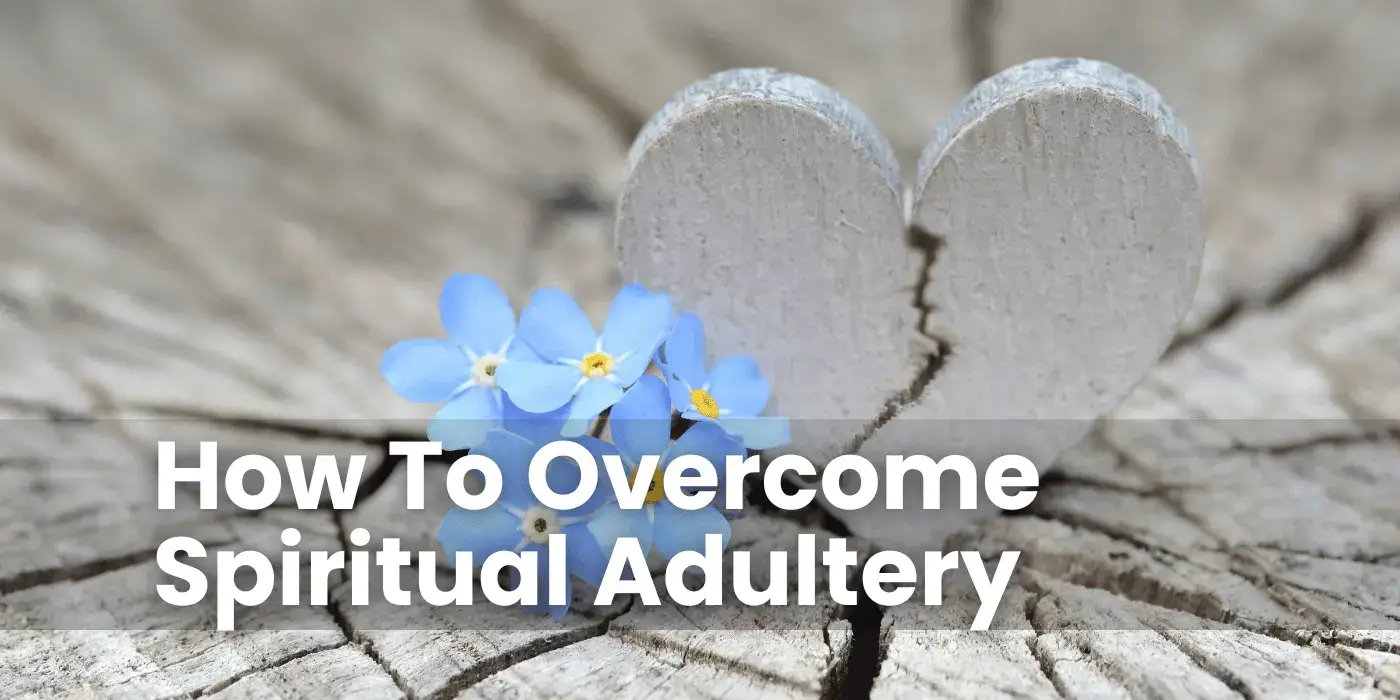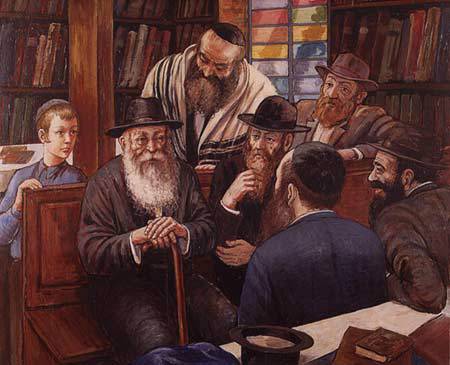Real mesiras nefesh and self-transcendence is not when you sacrifice yourself for what you believe, it’s when you're ready to give up what you believe.
The tenth and final test that Hashem gave to Avraham was to bind his son Yitzchak and sacrifice him as an offering on the altar.
The Talmud says: ‘I have tested you with many trials, and you withstood them all; now pass this test, so people won’t say the earlier ones didn’t mean anything.
Didn’t mean anything? Come on.
I would think that jumping into a fiery furnace would be a much greater sacrifice than the Akeida?! And Avraham did it out of his own free will?!
Trading Ego For Ego
Here we come to the uniqueness of the test of the Akeida.
There were plenty Jews and non Jews who sacrificed their lives for the sake of their faith even after Avraham Avinu. But the test of the Akeida is unique and exceptional.
True self-sacrifice means that a person gives up all of his being and essence and surrenders everything to the Creator. But not always when a person chooses death does it constitute true self-sacrifice.
For example, a person who takes his own life to gain fame made a trade. He decided that publicity is more valuable to him than life, so he prefers publicity over life.
This isn’t true self-sacrifice but rather a preference of one self-motivated thing over another.

Life can be challenging. Get short sweet insights & inspiration to help you live with more clarity, confidence and joy.
Better to Die Than to Live
In this way, it’s possible that a person who chooses death for higher purposes is making calculations of profit and loss. Perhaps he prefers life in the Garden of Eden over life in this world.
Perhaps when they force him to deny his faith, he sees this option as worse than death, as is the saying, ‘טוב מותי מחיי, it is better to die than to live.’
And so, a person who dedicated his entire life to a specific faith or cause may prefer to die rather than renounce it because the faith or cause he cultivated is his true existence.
If so, this isn’t complete self-sacrifice. It’s simply a preference for a more valuable existence over a slightly less valuable existence.
Avaraham’s test in Ur Kasdim could be seen in the following way. Avraham nurtured and spread faith in God. He was known throughout the world as one who rebelled against idol worship and carried the banner of faith in the One God.
Denying his faith was worse than death in his eyes. Therefore, he preferred to be cast into the fiery furnace rather than worship idols. It could be argued that this isn’t true self-sacrifice and lacks substance.
Real Transcendence
In contrast, the test of the Akeida was completely different.
While in Ur Kasdim, Hashem’s name was sanctified in the eyes of the people through his mesiras nefesh. However, the test of the Akeida took place in a place where there was no one to see it. There was no public sanctification of Hashem’s name.
Moreover, Yitzchak was the only possible heir to continue Abraham’s path and faith. If he had been sacrificed, it would have put an end to the faith in God that Abraham disseminated and revealed.
According to any logical thinking, this would have been utterly pointless.
Avraham’s consent to offer up his son Yitzchak as an offering, was an act not only against his natural paternal emotions but also against all reasoning and even against his desire to spread his faith in God to the world.
Here, Avraham’s true self-sacrifice was revealed. Without conditions and beyond all reasoning.
Here, his absolute devekus/connection to Hashem was manifested. He was ready to surrender everything, his entire existence, both physical and spiritual.
This is real mesiras nefesh, self-sacrifice that transcends all egotistical motivations.
It’s uniting to the Creator without barriers and without any calculations or considerations.
And the test of the Akeida stands to our merit in every generation.
Takeaway
Real mesiras nefesh and self-transcendence is not when you sacrifice yourself for what you believe, it’s when you’re ready to give up what you believe.







